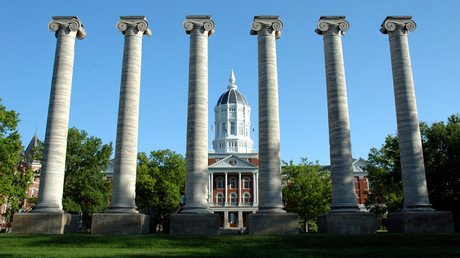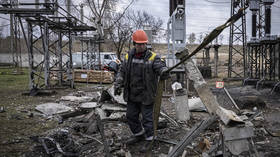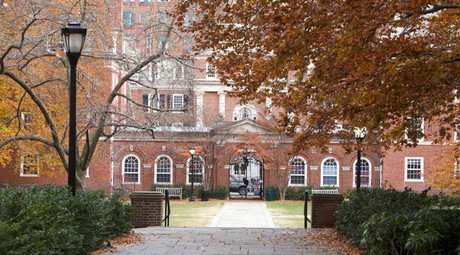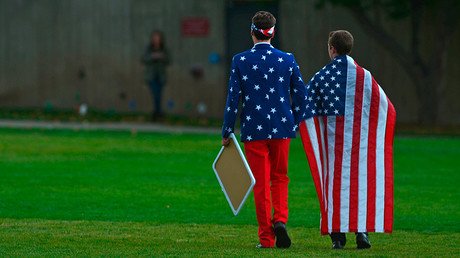Black men only: UConn's proposed 'learning community' sparks controversy
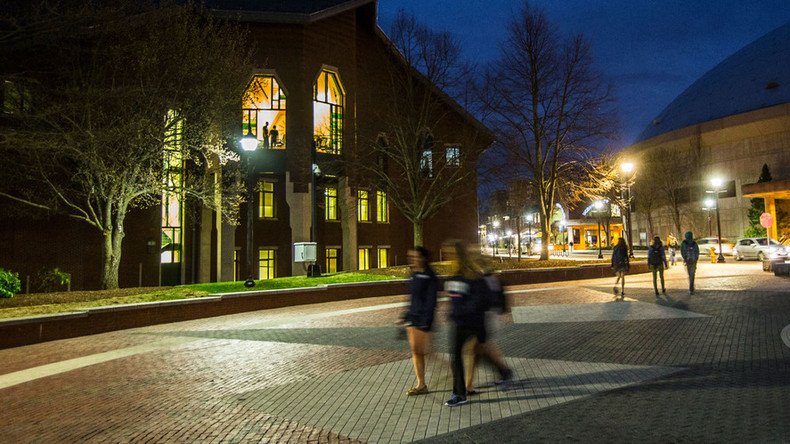
The University of Connecticut is building a special residence for those who identify as African-American males, as a way to boost retention and graduation rates. Critics of the plan are calling the arrangement "racially segregated housing."
As part of its Learning Community Program, the university has established "houses" designed to match students with like-minded peers, in order to foster development and to "make UConn feel like home," according to the school's website. In addition to houses aimed at environmentally-conscious students or nursing majors, for example, a new house under construction will cater to African-American men only.
UConn Under Fire For Creating All Black Male Housing Community https://t.co/pLRuht48oQpic.twitter.com/ZjzojiKkBL
— The Source Magazine (@TheSource) January 29, 2016The SCHOLA2RS House ‒ which stands for Scholastic House Of Leaders who are African American Researchers and Scholars ‒ "is a scholastic initiative to groom, nurture, and train the next generation of leaders to address grand challenges in society through the promotion of academic success in undergraduate programs at the University of Connecticut and in competitive graduate programs," the university said.
The only one of the "learning communities" based on gender or race, the house is scheduled to open in the fall semester of 2016, WTIC reported. SCHOLA2RS will be located in a 200,000-square-foot dorm that will hold more than 700 other students, according to officials connected with the program.
"African American males graduate at a lower rate than their peers," said Dr. Erik Hines, a professor of educational psychology at UConn who focuses on research pertaining to African-American male academic achievement, especially in the fields of Science, Technology, Engineering, and Mathematics (STEM). "So the University of Connecticut was forward-thinking in bringing a solution to this issue."
In 2012, the graduation rate for all UConn students was 82.5 percent, while the graduation rate for black males was 54 percent. That was the main impetus to build the new house, according to Hines.
"It is a space for African American men to one, come together and validate their experiences that they may have on campus," Hines added. "Number two, it's also a space where they can have conversation and also talk with individuals who come from the same background who share the same experience."
The unusual move has prompted an outpouring of criticism. On the anonymous subreddit board for "all things UConn," commenters have expressed concern with "identity politics" on college campuses and students that "want to hide in a shell and want people to hand them things." Some are alarmed at the fact that "UConn is considering racially segregated housing," and that the house is leaving out African-American women.
Students and others have pointed out that the housing is optional, and therefore not quite comparable to racially segregated housing. Others have supported the house in light of its goals, which include boosting academic performance of male African-American students.
Spoke to John Brittain: in 2012, UCONN Law School has no Black Male Professors! I taught there for yrs, can't believe this lack of diversity
— James L Walker, Jr. (@jameslwalkeresq) March 19, 2012"I was very social but a lot of the people, like, we didn't have a lot in common so it was kind of difficult to make friends," student Phillip Lewis told WTIC. "A community with like, all African American males, they can more relate to each other and they could do schoolwork more together and just help them feel more comfortable."
Another UConn student, Christene Pedersen, said, "I think it's great that we have that sort of diversity on campus that we're able to have learning communities for all sorts of interests."
Not one Black male in the graduating UCONN Honors Class of 2013.
— Rob Steller (@robbiestells) May 4, 2013Stressing that SCHOLA2RS will be situated in a dorm with hundreds of other students, David Ouimette, the executive director of First Year Programs and Learning Communities at UConn, said the house will not match the negative characterizations regarding segregation.
"The vision I think some people have in their head is different than what it is actually going to be," he said.
